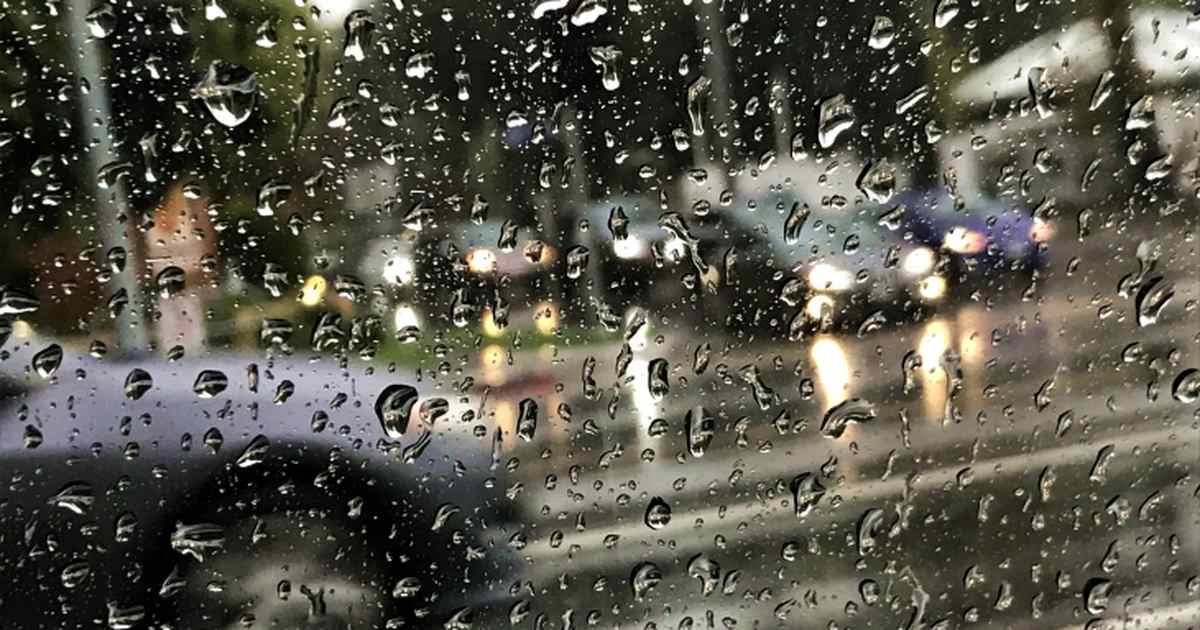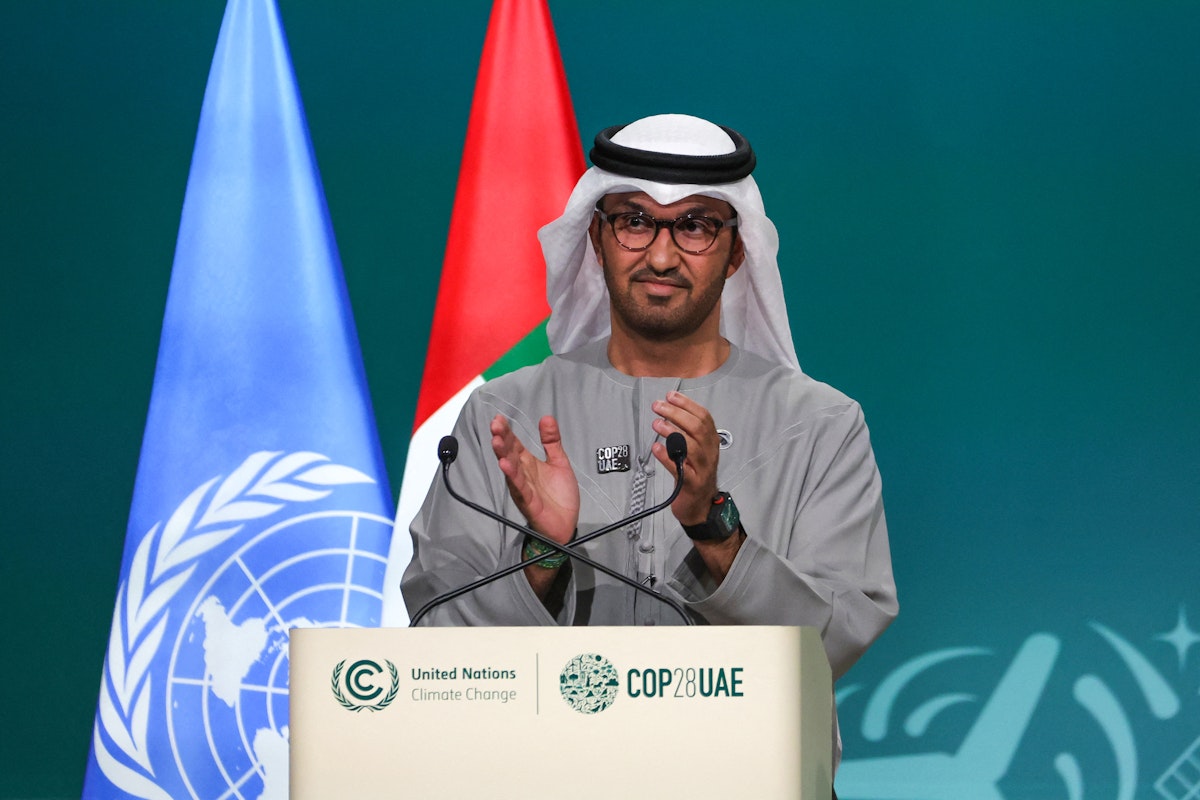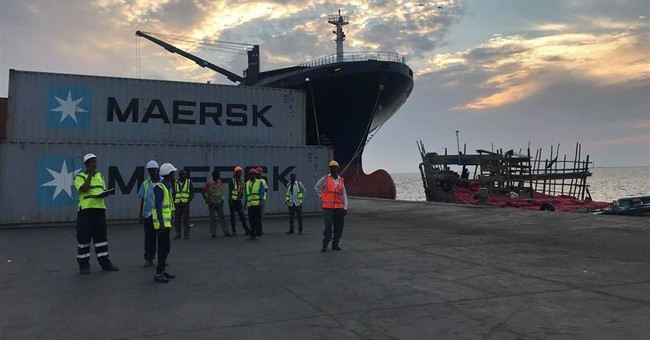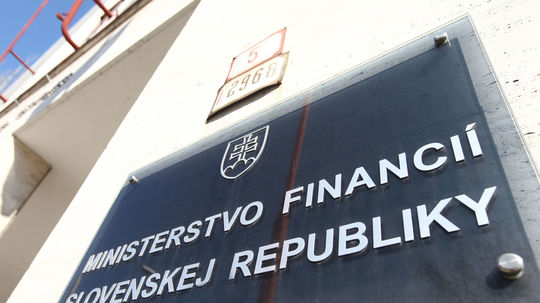BERLIN —
Europe’s most powerful nation, Germany, was probably not expecting its latest gesture of solidarity toward Ukraine — menaced by some 100,000 Russian troops massed near its borders — to become something of a bitter punchline.
But that was more or less what transpired after Germany’s defense minister, Christine Lambrecht, announced Wednesday that the government in Berlin, which has ruled out arms exports to Ukraine, would be sending along 5,000 helmets.
In response, the mayor of Ukraine’s capital, Kyiv — a former world heavyweight boxing champion who lived for years in Germany and is well-known in the country — declared himself “speechless.”
“The Defense Ministry apparently hasn’t realized that we are confronted with perfectly equipped Russian forces,” the mayor, Vitali Klitschko, told the German tabloid Bild.
“What kind of support will Germany send next?” he asked sardonically. “Pillows?”
Germany, the continent’s economic powerhouse and a pivotal figure in the NATO alliance, has joined almost daily in ever-more-forceful Western warnings to Russian President Vladimir Putin that sending Russian forces into Ukraine would be an extremely costly mistake.
But for historic reasons and economic ones — not least the controversial Nord Stream 2 gas pipeline between Germany and Russia — Germany has long tried to steer a moderate course toward Russia.
At such a fraught moment, however, that balancing act is increasingly difficult to sustain.
Germany has not only refused to send defensive weapons to Ukraine, but has failed to follow the lead of other NATO states rushing materiel to front-line states and sensitive zones to show support for the Ukrainian cause.
Wolfgang Ischinger, a former German ambassador to the United States and head of the Munich Security Conference, suggested Sunday on Twitter that Germany’s “confusing” Ukraine policy risked leaving it isolated.
“Germany home alone?” he asked.
The Biden administration has painted a picture of unwavering resolve on the part of the United States and other NATO members in the face of Russian bellicosity toward Ukraine. Germany, however, is not the only major European ally with interests of its own to safeguard amid the Ukraine crisis.
“There really isn’t a common strategic culture in Europe when it comes to Russia policy,” Rachel Rizzo, a senior fellow at the Atlantic Council’s Europe Center, said in a podcast this week on the platform Conversation Six. “Different states view their relationship with Russia through a bilateral lens rather than a European-wide one. And Russia, I think, in turn views Europe as a sideline player.”
The Ukraine crisis has exacerbated long-standing jostling for influence. France’s President Emmanuel Macron hosted four-way talks in Paris on Wednesday with representatives of Germany, Ukraine and Russia, and planned to speak Friday with Putin.
At a joint news conference with German Chancellor Olaf Scholz, the French leader repeated U.S. and NATO warnings against any Russian incursion, but also said Paris and Berlin were ready to pursue dialogue with Moscow.
In Germany, the Ukraine standoff is proving a harsh test for Scholz’s new center-left government, sworn in less than two months ago. The ruling coalition, which is weathering discord within its own ranks, and some political opposition leaders are calling for a lifting of the ban on defensive weapons for Ukraine.
The Ukraine standoff has resonance in Germany, home of the Berlin Wall, which stood for nearly 30 years as an emblem of the Cold War. But there are other powerful historical touchstones as well, including a sense of shame over the country’s Nazi past, which left it reticent about taking the lead on security issues in Europe.
Lambrecht, the defense minister, echoed Scholz in calling to “de-escalate the situation” in Ukraine.
“In the current environment, arms supplies would not be helpful for that, and that’s the position the German government agrees on,” she said. “I can understand the desire to support Ukraine, and that’s exactly what we are doing already.”
Juergen Hardt, foreign policy leader of the opposition Christian Democrats in Parliament, said Germany should at least consider sending weapons to Ukraine.
“I think the request for defensive weapons on the part of Ukraine in Germany should be examined, and in certain cases also approved,” he said.
The reluctance to export arms to Ukraine reflects a strong pacifist streak on the part of the German public. According to a November 2021 poll by the Kantar Institute in Germany on behalf of Greenpeace, a majority of respondents said they were in favor of stricter rules for arms exports.
The heart of the matter may be economics. Germany is heavily dependent on natural gas imports from Russia, and until recently was planning to start importing even more Russian natural gas through the Nord Stream 2 pipeline, which runs under the Baltic directly into Germany. The controversial pipeline angered Ukraine and other Eastern European countries dependent on transit fees for Russian gas.
Europe is worried about a natural gas shortage in the event of a Russian invasion of Ukraine, and the Biden administration is working on “contingency planning” to avert any shortfall, a senior administration official said Tuesday.
Ukraine said the immediacy of the Russian threat made it more urgent for countries like Germany to take concrete measures to help it.
“The seriousness of the situation demands an immediate rethink and change of course on arms deliveries to Ukraine from the German government,” Ukraine’s ambassador to Germany, Andrij Melnyk, said in an interview with the Handelsblatt newspaper. “We won’t rest in trying to convince the German government to deliver defensive weapons.”
German officials also confirmed reports that Berlin has held up other NATO countries, including Estonia, from supplying Ukraine with decades-old howitzers made in Germany by declining so far to issue the necessary export permits.
Germany’s reputation in Ukraine took a further blow last weekend when its navy chief, Vice Admiral Kay-Achim Schoenbach, was forced to resign over remarks in which he asserted that Putin probably deserved more “respect,” and that Ukraine would never win back Crimea, which was annexed by Russia in 2014.
Michael Wolffsohn, a German military historian, said Germany had undermined its own security with an over-reliance on Russia.
“Our country has placed itself in an existential dependence on Putin,” he wrote in an opinion column in Bild. “If you are dependent on someone and cannot defend yourself in any way, you have to give in.”
Special correspondent Kirschbaum reported from Berlin and Times staff writer King from Washington. Special correspondent Monique El-Faizy in Paris and staff writer Tracy Wilkinson in Washington contributed to this report.
Note: This article have been indexed to our site. We do not claim legitimacy, ownership or copyright of any of the content above. To see the article at original source Click Here













